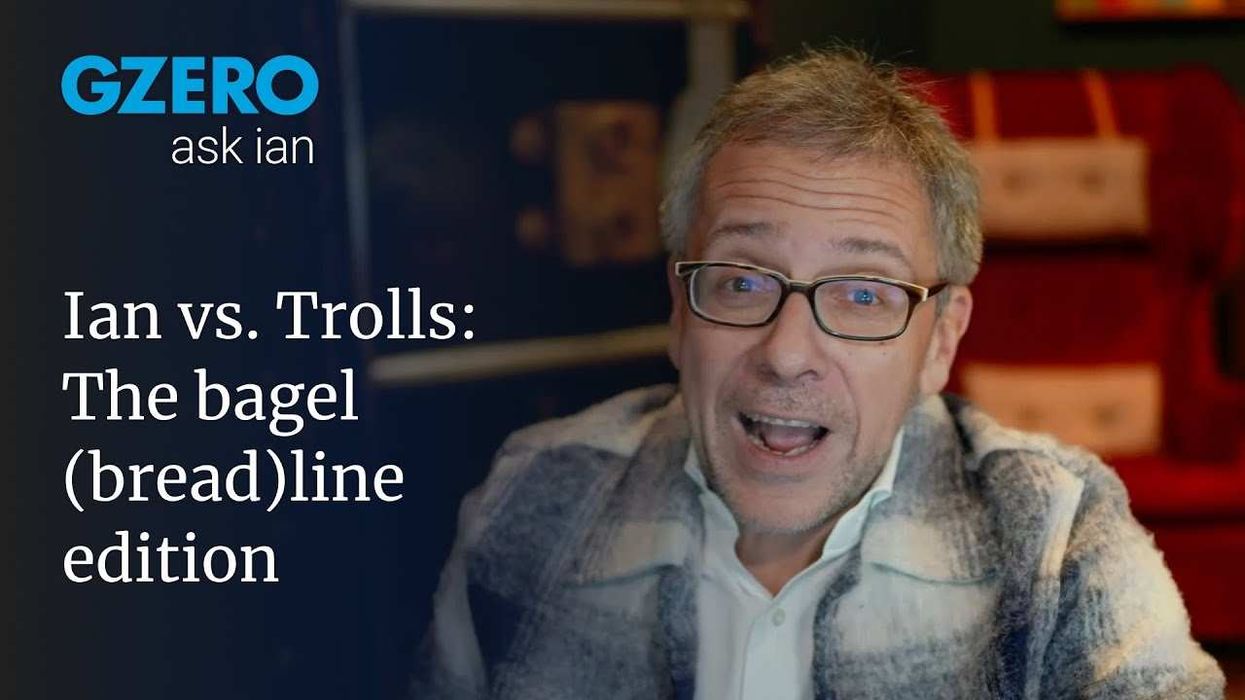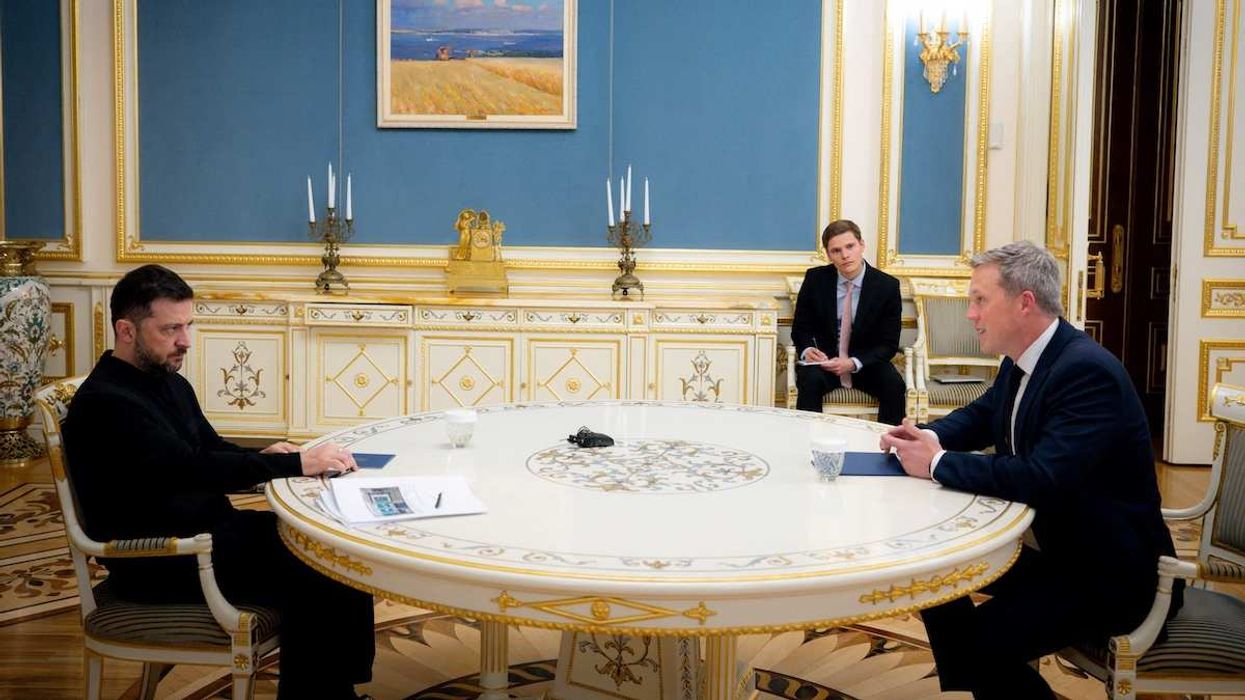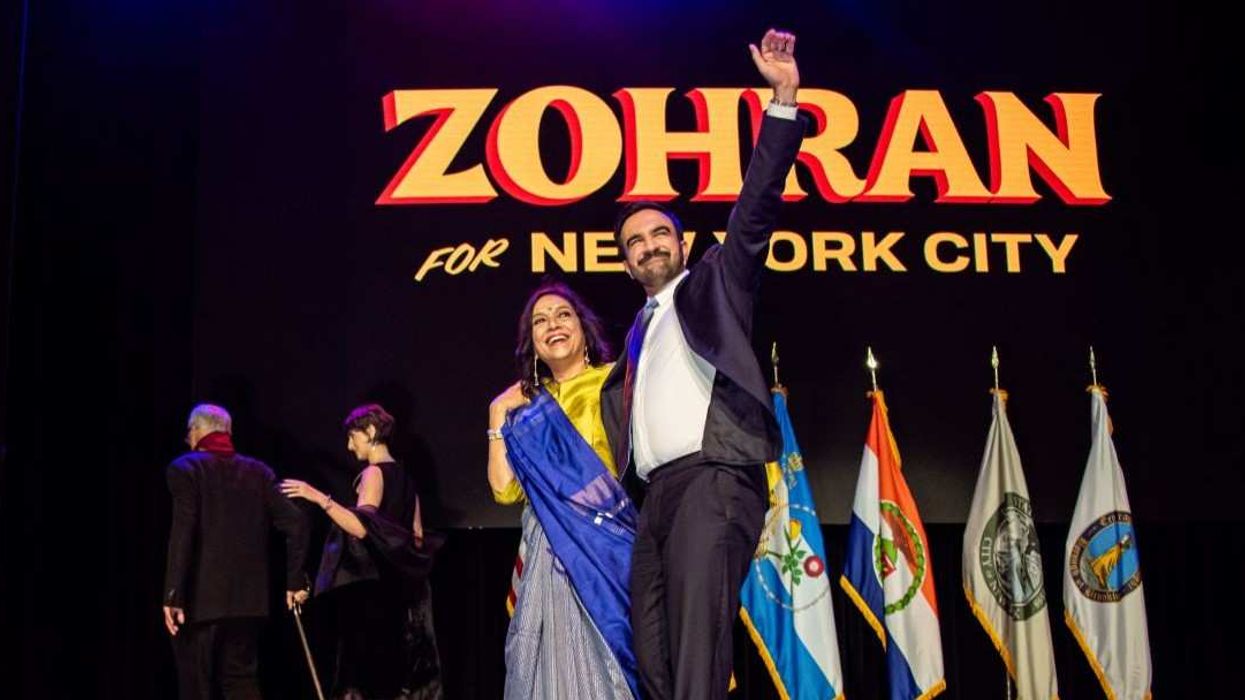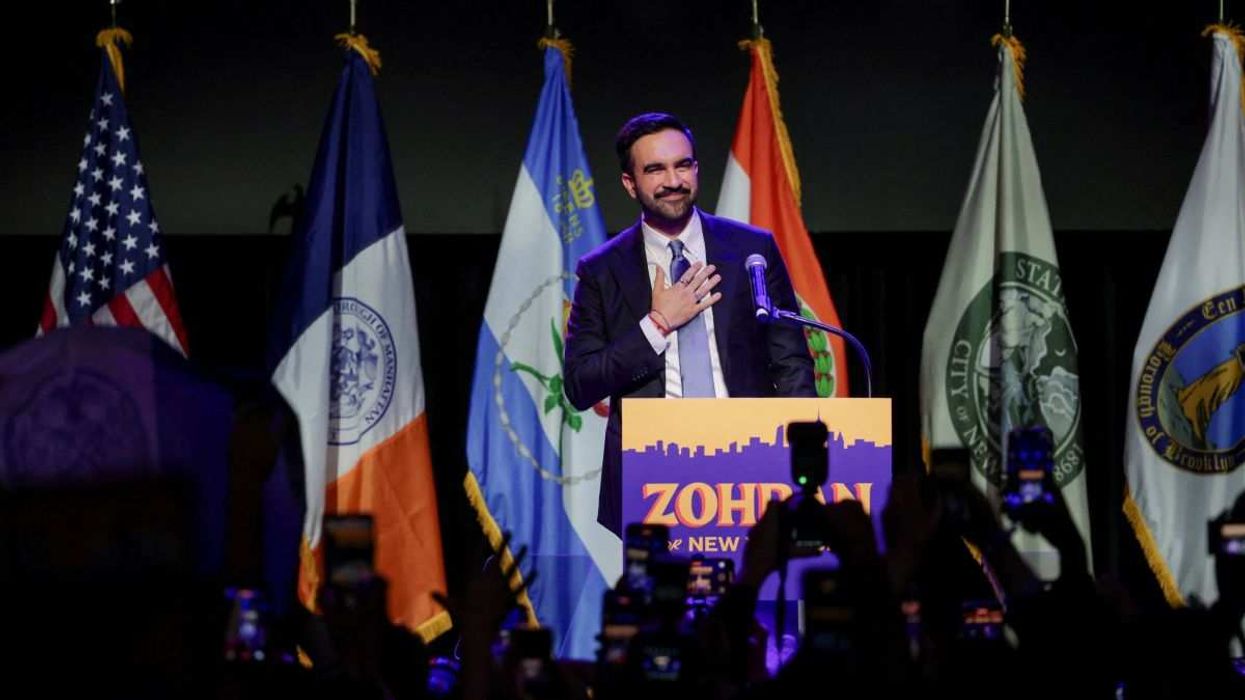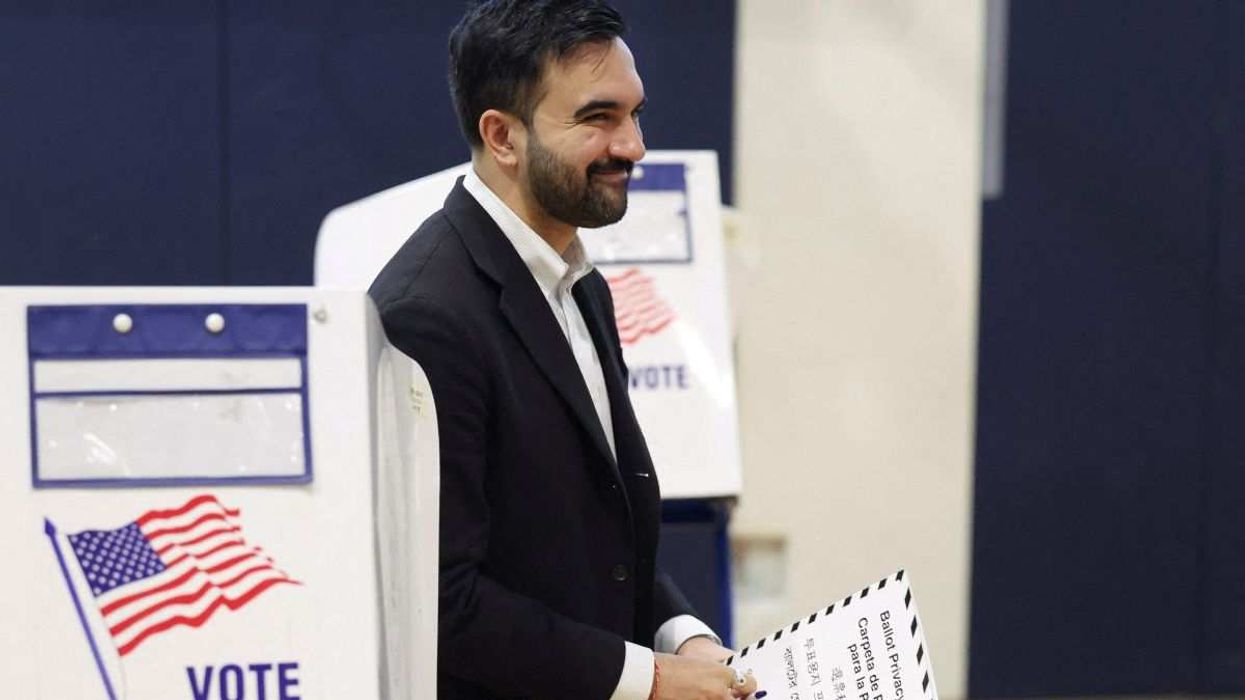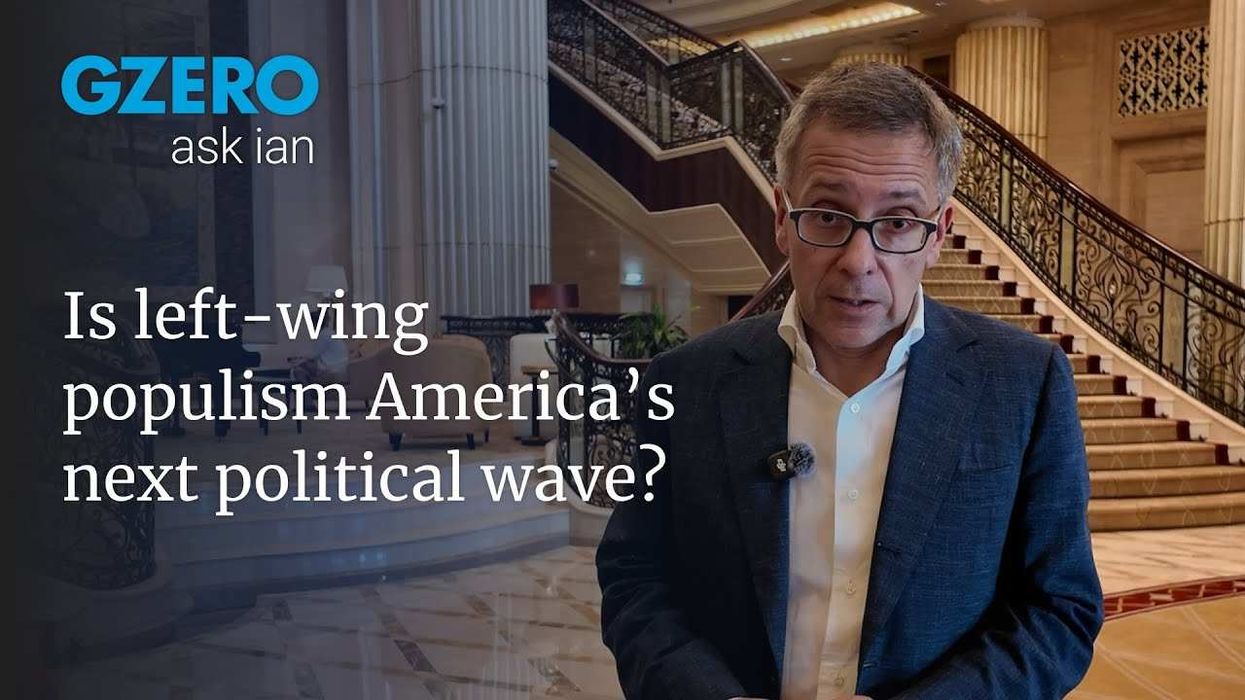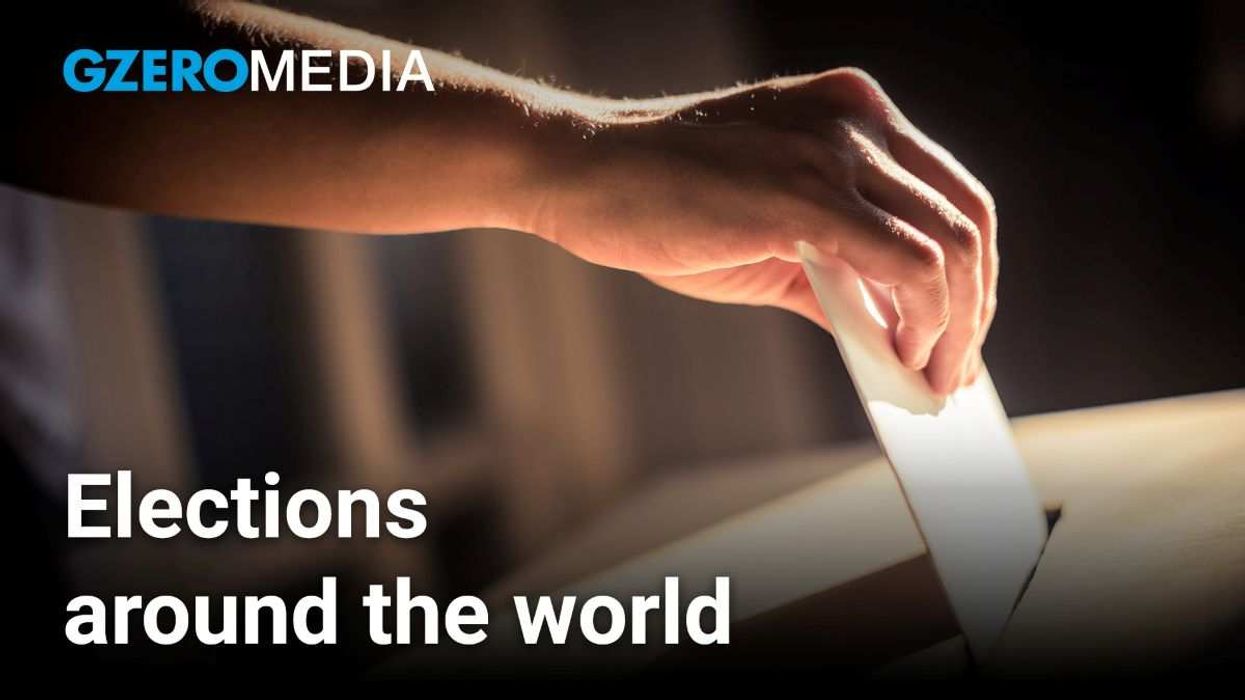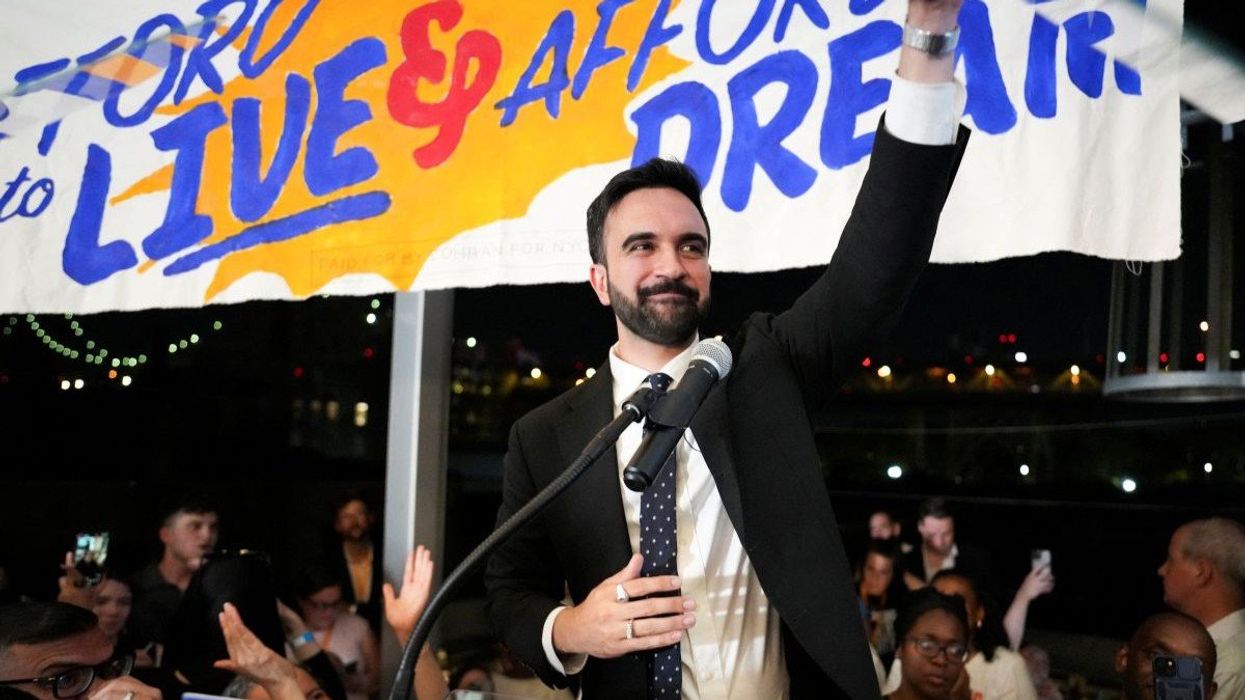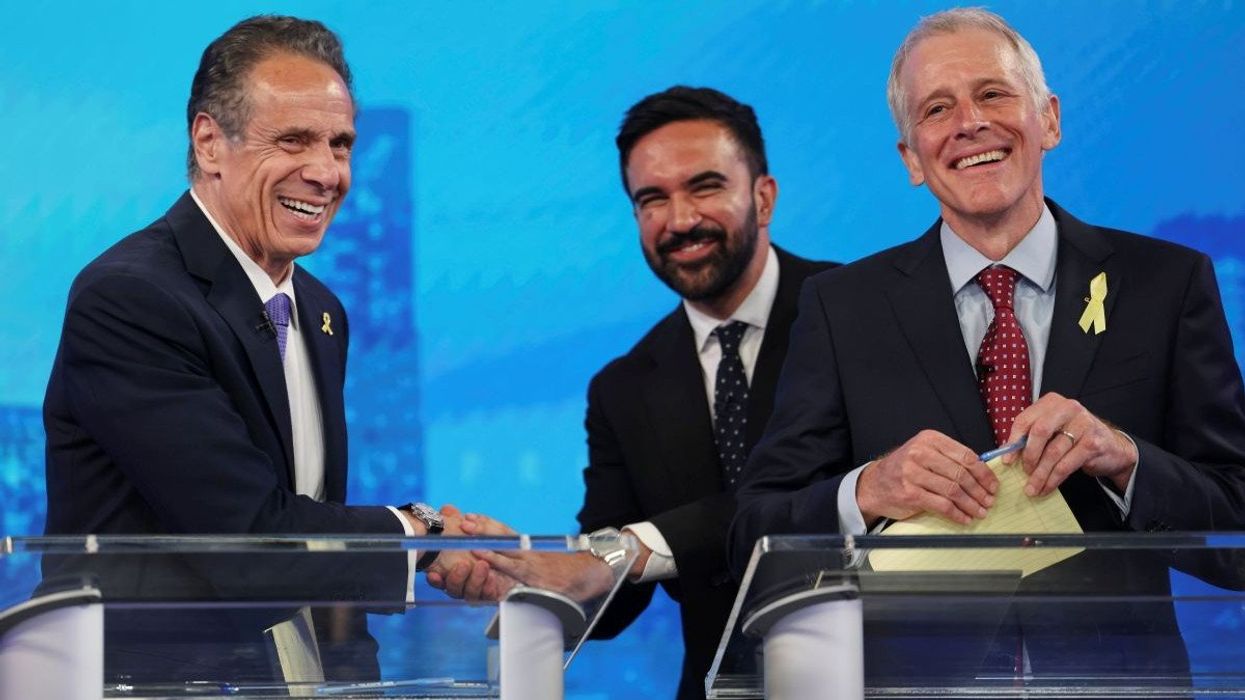ask ian
Ian stands in line for a bagel, the internet melts down
Ian Bremmer responds to a viral backlash over his weekend photo joking about a “breadline” in New York City. Actually, a line of happy people waiting outside an artisanal bagel shop.
Nov 21, 2025
